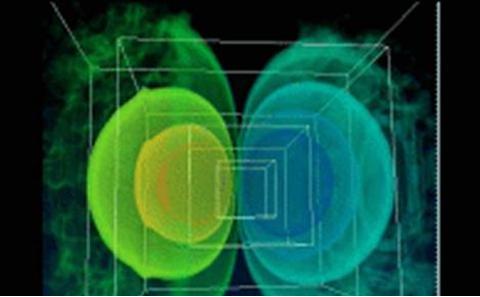CANCELLED Applied Seminar - Optimising collective cell guidance during tissue repair, Dr Shiladitya Banerjee (University College London) Seminar

- Time:
- 12:00 - 13:30
- Date:
- 6 March 2018
- Venue:
- Room 4001, Ketley Room, Building 54, Mathematical Sciences, University of Southampton, Highfield Campus, SO17 1BJ
For more information regarding this seminar, please email Dr Philip Greulich at P.S.Greulich@southampton.ac.uk .
Event details
EVENT CANCELLED
During morphogenesis, wound healing, and apoptosis, closure of tissue gaps is essential for maintaining tissue mechanical integrity. Depending on the environment, wound repair is mediated by protrusive cell crawling, or by active contraction of a multicellular actomyosin cable at the wound edge. While both these mechanisms co-exist, it remains poorly understood how they collectively regulate directed cell guidance and wound healing efficiency under diverse intrinsic and extrinsic conditions. In this talk, I will introduce a cell-based computational model for wound repair in adherent cell monolayers that allows us to selectively control cell and substrate physical properties, tissue mechanics, wound geometry, as well as active cellular processes. By systematically varying physical and biochemical properties of the tissue and the extracellular matrix, we show that a combination of collective cell crawling and purse-string based contraction always accelerates the rate of wound repair. We demonstrate that efficient wound repair arises from a tradeoff between directed cell guidance at the wound leading edge and local tissue rearrangements. Our work suggests that tissue mechanical properties play an important role in optimizing active forces during tissue regeneration and repair.
Speaker information
Dr Shiladitya Banerjee, University College Londond. I am interested in the physics of soft living matter; in particular, understanding the mechanics and self-organizing principles of living systems. I design and develop theory and computational simulations to model biological behavior from molecular to organismic scales, in close collaboration with experimentalists. My current research focuses on understanding the mechanics of the cell cytoskeleton, cell-matrix adhesion, collective cell motility, bacterial growth control and cell size regulation in microorganisms.